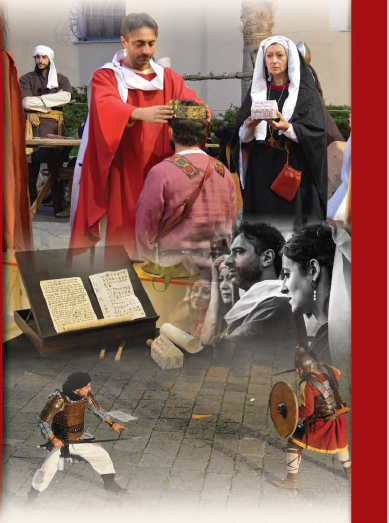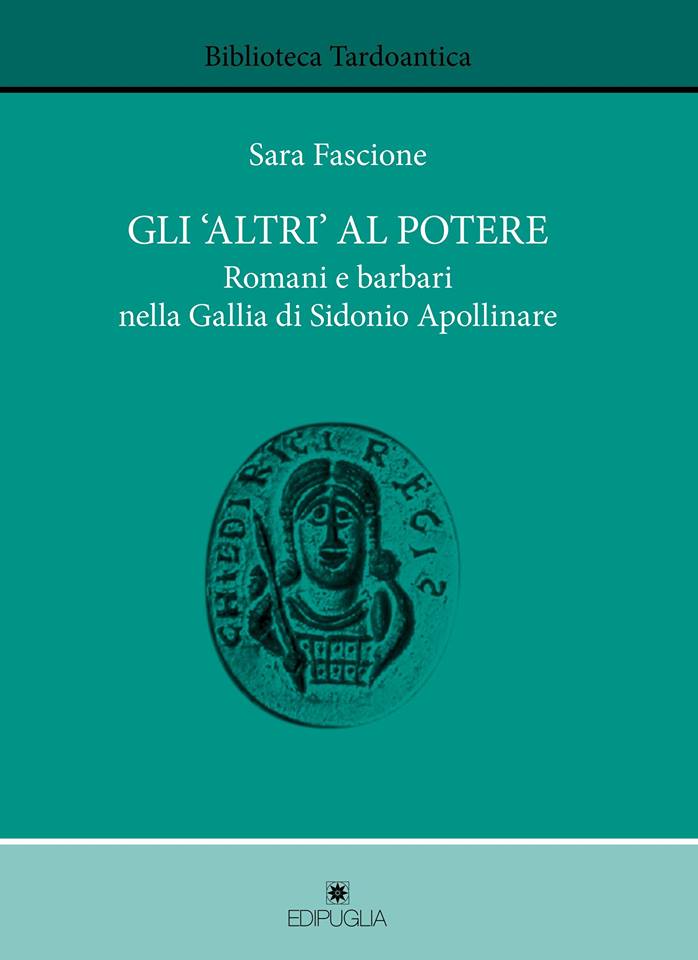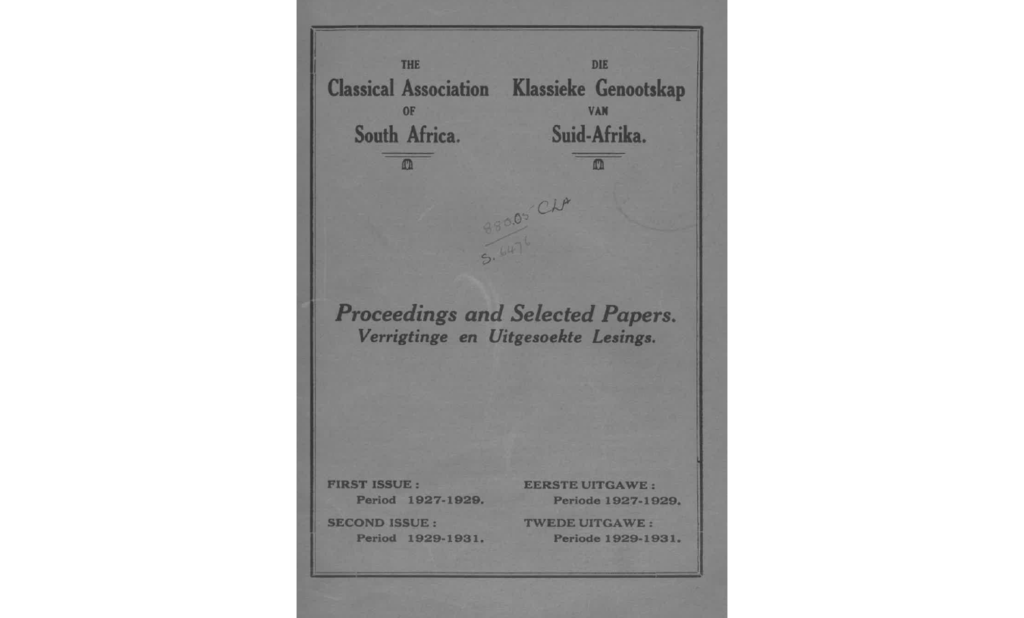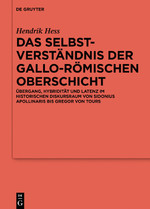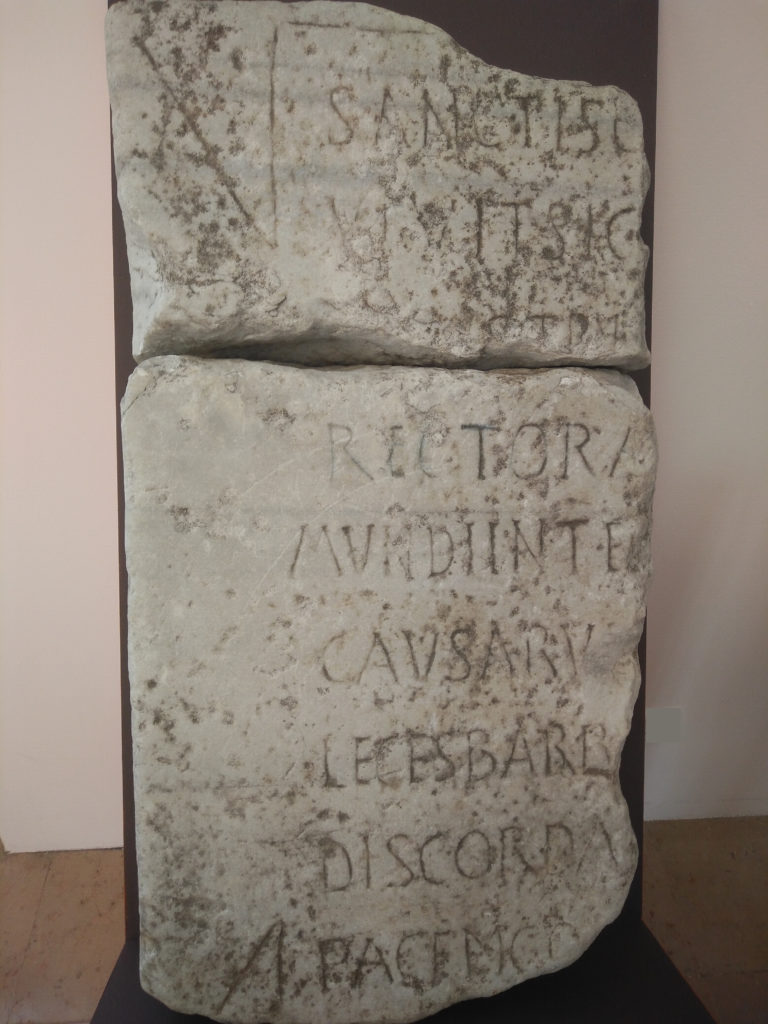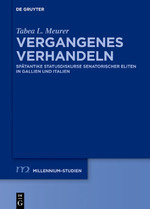2nd Prize: Tom Ingelbrecht
Ad V.C. Catullinum
Waarom vraag jij dat ik voor jou
-gesteld dat ik dat kunnen zou-
een bruiloftsdichtwerk componeer,
terwijl ik hier bij harig tuig
de Duitse tatertaal trotseer
en gulzige Bourgondiërs
niet zonder moeite keer op keer
met uitgestreken streng gezicht
om een gedicht complimenteer,
zo’n man die gore boter in
zijn lange vette haren smeert?
Kijk, wil jij dat ik jou vertel
wat fijne dichtkunst ruïneert?
Wel, door dit bars barbaars gebral
is mijn Thalia gechoqueerd:
ze legde zelfs haar schrijfstift weg
en kijkt nu op zesvoeters neer,
sinds zij haar nieuwe meesters zag
van zeven voeten lang en meer.
Ik wil je dus graag zeggen dat
jouw ogen best gezegend zijn,
jouw neus en ja, jouw oren ook,
want jij moet niet vanaf ’t ontbijt
de stank van rotte ui en look
trotseren die tien gangen lang
door hen op jou wordt uitgeboerd.
Jij wordt ook door dat reuzenvolk
niet opgeëist bij schemering
alsof jij zelf hun opa was,
ofwel de eega van hun min.
Ze stormen ook niet af op jou,
zo talrijk en gigantisch groot
dat zelfs geen grote keuken van
Alcinoüs voldoende bood.
Maar kijk, mijn muze stopt hier al
en houdt haar teugels stevig vast
want straks denkt iemand nog dat dit
slechts schalkse grapjes zijn en vast
-wat hendecasyllaben lang-
opnieuw maar een satire was.


